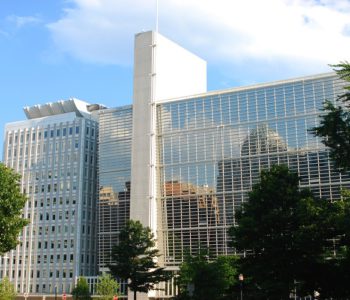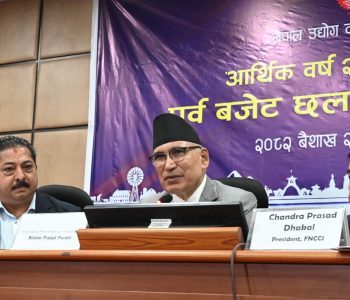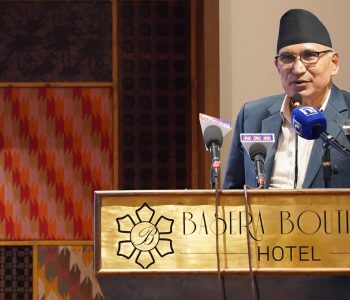US decides to shut down MCC, impacting Nepal’s infrastructure projects

KATHMANDU: The United States has decided to terminate the Millennium Challenge Corporation (MCC), a foreign aid agency aimed at promoting economic growth in developing countries, within the next few months. The decision, driven by the Department of Government Efficiency (DoG) under Elon Musk’s leadership, aligns with the Trump administration’s aggressive cost-cutting policies, raising concerns about the fate of ongoing MCC projects worldwide, including in Nepal.
According to CNN and Politico, the DoG informed MCC employees via email on Tuesday that the agency’s grant programs would cease operations. Politico obtained the email, which revealed that significant program cuts and staff reductions are imminent. “MCC programs will face major cuts soon, and staff will be reduced accordingly,” wrote the acting CEO. An employee told Politico, under anonymity, that all MCC programs are slated to close within 90 days.
The MCC, employing over 320 staff, has offered voluntary retirement and deferred resignation options, with a deadline of April 29 for interested employees to respond. Some staff may be placed on leave starting May 5, though specifics remain unclear. At a staff meeting on Wednesday, DoG announced plans to present the closure proposal to MCC’s board next week. The board includes US Secretary of State Marco Rubio, Treasury Secretary Scott Bessent, US Trade Representative Jamison Greer, the acting CEO, and four private-sector members.
Established in 2004 under President George W. Bush, the MCC has been praised for transparency, with the advocacy group Publish What You Fund ranking it as the world’s most transparent bilateral aid agency. However, critics, including some in Nepal, have labeled it a tool of US military strategy. The agency currently manages over $5.4 billion in grants across 20 low-income countries.
Impact on Nepal
In Nepal, MCC oversees a $550 million grant funding critical infrastructure projects, including the Lamahi-Butwal road upgrade and a 160 kV double-circuit transmission line.
If MCC shuts down, these projects face risks of halted funding, delays, or incompletion. Nepal’s MCC projects, implemented through MCA-Nepal, include a 315-km 400 kV transmission line (Lapsiphedi-Ratamate-Hetauda, Ratamate-Damauli, and Damauli-Butwal) and three 400 kV GIS substations in Nawalparasi West, Nuwakot, and Tanahu, with contracts worth $126 million already signed.
Additionally, an 18-km Butwal-Gorakhpur cross-border transmission line and a livelihood restoration program for 270 affected individuals at the Ratamate substation have been completed.
The Butwal-Lamahi section of the East-West Highway, a 40-km road upgrade, was also in progress, with environmental assessments approved and tender processes underway. However, following a February 2025 executive order by President Donald Trump, these projects were paused for 90 days.
Nepal’s MCC agreement, ratified by parliament on February 27, 2022, after prolonged debates over its geopolitical implications, now hangs in the balance. The closure of MCC could disrupt Nepal’s infrastructure development and economic plans, leaving key projects uncertain.













Facebook Comment